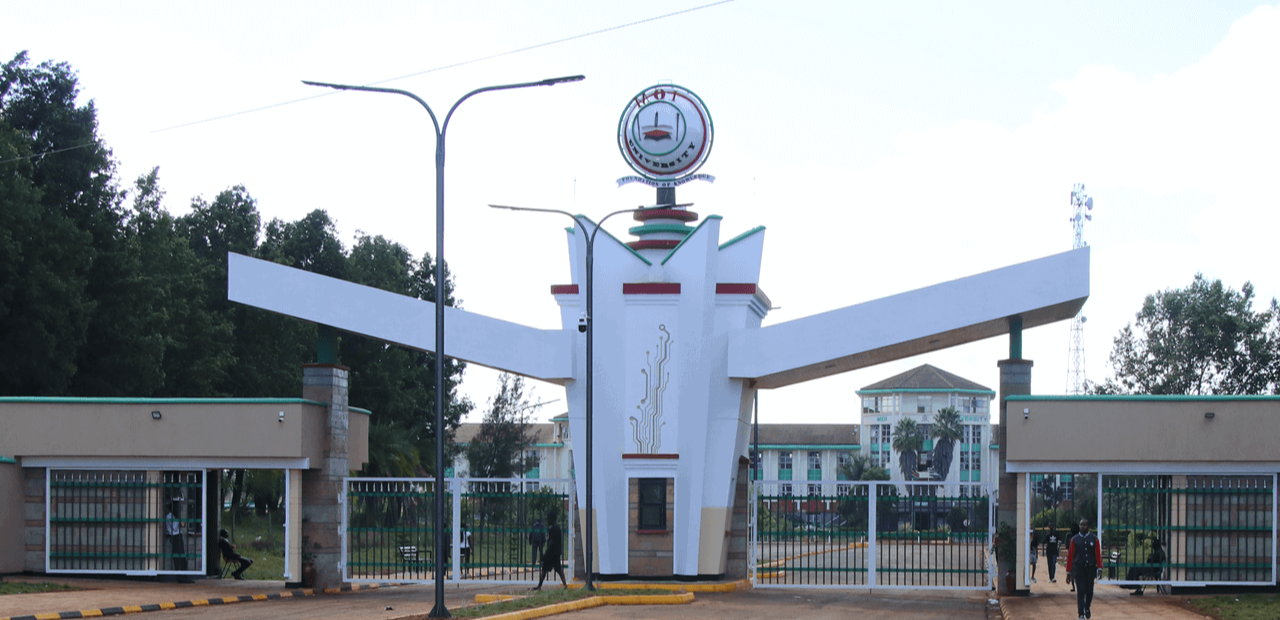Richard Okore, the chairman of the University Academic Staff Union (Uasu) at Moi University, has clarified that students should not expect to see any lecturers back in classrooms until their demands are addressed. Okore described the situation as “hopeless” and advised students to consider leaving campus until the issues are resolved, noting that “learning is not happening” and “there will be no return to normalcy until the government meets our demands.”
Hopes by students to resume studies at Moi University continue to fade as the ongoing strike by teaching and non-teaching staff enters its 70th day. Despite an official announcement by the university management stating that classes had resumed, lecturers and workers remain resolute, insisting that there is no learning taking place due to their industrial action.
Richard Okore, the chairman of the University Academic Staff Union (Uasu) at Moi University, has clarified that students should not expect to see any lecturers back in classrooms until their demands are addressed. Okore described the situation as “hopeless” and advised students to consider leaving campus until the issues are resolved, noting that “learning is not happening” and “there will be no return to normalcy until the government meets our demands.”
Key among the demands is the removal of embattled Vice Chancellor Prof. Isaac Kosgey, who has been at the centre of the dispute, along with the payment of over KSh 10 billion in unpaid salaries and statutory deductions. Additionally, the staff is calling for a complete overhaul of the university’s management.
The ongoing industrial action has taken a toll on first-year students, many of whom arrived on campus in September but have yet to undergo orientation. With no teaching, students have found themselves stranded with no clear timeline for when learning will resume.
Eunice Tarus, the chairperson of the Kenya Union of Domestic, Hotels, Educational Institutions and Hospital Workers (KUDHEIHA), reiterated that the strike is still in full force, accusing the university management of misleading students and the public with what she described as “empty” statements about the reopening of the university. “We, as employees of Moi University, are not aware of any re-opening. This is simply a PR exercise by the university management,” Tarus said.
While the university Senate issued a memo directing students and staff to resume operations, union leaders have dismissed it as “inconsequential” and a tactic meant to intimidate workers. Kenga Mumbo, a lecturer at the Kiswahili Department, slammed the Senate’s announcement as an attempt to appease the government without addressing the underlying issues that led to the strike. “The situation on the ground is volatile. Any move to reopen is premature unless the demands of the workers are met,” said Mumbo.
The striking staff have made it clear that they will not return to work until they see tangible progress, particularly about the payment of overdue salaries and the removal of Prof. Kosgey. Mumbo also emphasized that the National Assembly’s Committee on Education, which visited the university two weeks ago, had issued recommendations that included the dissolution of the entire management body to restore trust and ensure workers’ demands are met.
Protests Continue as Workers Demand Action
The tension reached a boiling point last week when striking staff gathered at the university’s main entrance, chanting anti-VC slogans and protesting against what they saw as management’s attempt to force them back to work through “threats and intimidation.” Tarus accused the university of using proxies to exert pressure on workers, claiming, “They are threatening to sack us yet they have not adhered to the return-to-work formula as required by the Labour Act.”
As the standoff continues, students remain caught in the middle, unsure when or if normal academic activities will resume. With no clear end in sight, the future of Moi University’s academic year hangs in the balance, leaving both students and staff in a prolonged state of uncertainty.





